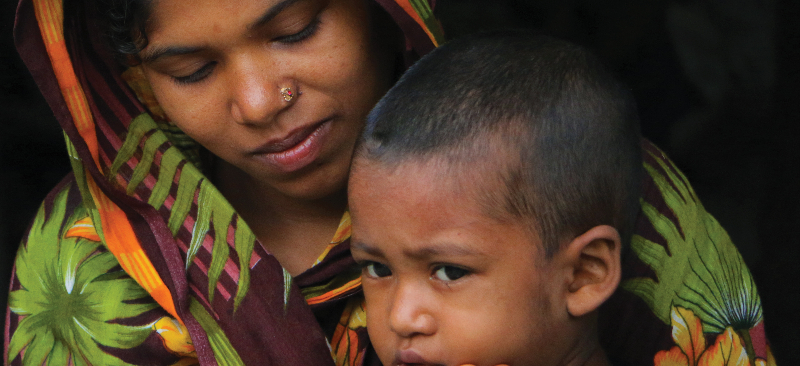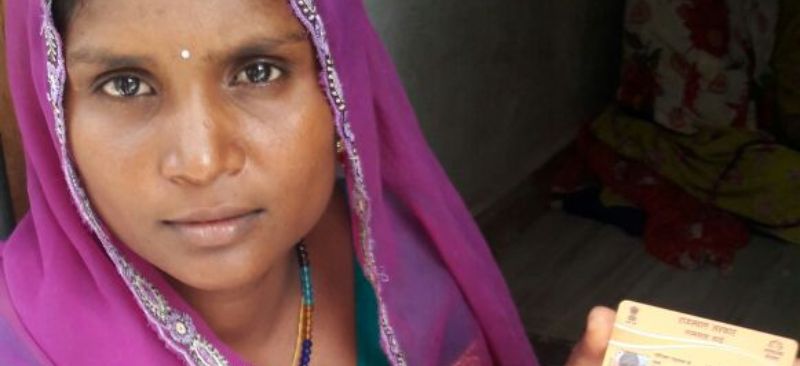
MSC engaged with the Avahan project in India to generate insights about the specific financial needs, attitudes, perceptions, and behavior of commercial sex workers in the country. Avahan started in 2003 supported by the Bill & Melinda Gates Foundation. It aims to reduce the spread of HIV in India by working with high-risk groups, which include female, male, and transgender commercial sex workers (CSW).
MSC generated insights about the specific financial needs, attitudes, perceptions, and behavior of CSWs. We employed sensitive and thorough qualitative research through our Market Insights for Innovation and Design (MI4ID) tools and designed savings products for NGOs under Avahan. The insights fed into informing product design.
This project was unique as it considered India’s 3 million CSWs as a customer segment for financial product development.

The Sri Lanka based MFI, Arthavida Foundation (AVF), a sister concern of Arthacharya Foundation (AF), approached MicroSave seeking consulting to improve its portfolio quality. Until 30th June 2011, AF was engaged in both microfinance and non – microfinance activities. In June 2009, the PAR (>30days) of AF stood at an alarming 24%, which further rose to 40% by June 2010. The active loan clients and loan portfolio outstanding had also gone down. AF decided to transfer its microfinance operations to AvF on July 1, 2011. However, AVF faced severe challenges of improving portfolio quality. Rabobank Foundation, commissioned MicroSave to offered the technical support in 2009.
On account of the technical assistance and proactive implementation by AvF, amongst several efficiency and productivity gains, the PAR (>30 days) was systematically reduced from 40% to 5%, within a short period of two years. This case study covers the challenges of AF and how a tripartite approach of intense engagement of a donor/investor, financial service provider and MicroSave came together to successfully address the problem of delinquency.

MSC and The Center for Global Development jointly conducted a study on the perception of households on the impact of the Bhamashah program on digital governance reforms in the state of Rajasthan. Bhamashah is the first household-level identity system in India. It would create a centralized and comprehensive dataset for residents of Rajasthan, with demographic and socio-economic data, following a principle of “one family – one identity”.
The objective of the program is financial inclusion, women’s empowerment, and effective delivery of government services. At the time of writing, more than 50 million people (79% of Rajasthan’s population as per the census of 2012) and 15 million households (83% of total households) had enrolled under the Bhamashah initiative. The study sought to answer two key questions:
- What are the main changes in the processes that have increased administrative efficiency and effectiveness of the delivery mechanisms, such as government-to-people and other services?
- What are the changes in perception that the reforms have had on a household’s access to services and their governance?
MSC’s study identified best practices that can be replicated in India and across the world and provided recommendations to improve the implementation further. These are now being used to adjust the program and as a key component of MSC’s study tours to India for foreign delegations of policymakers, regulators and a range of providers.


